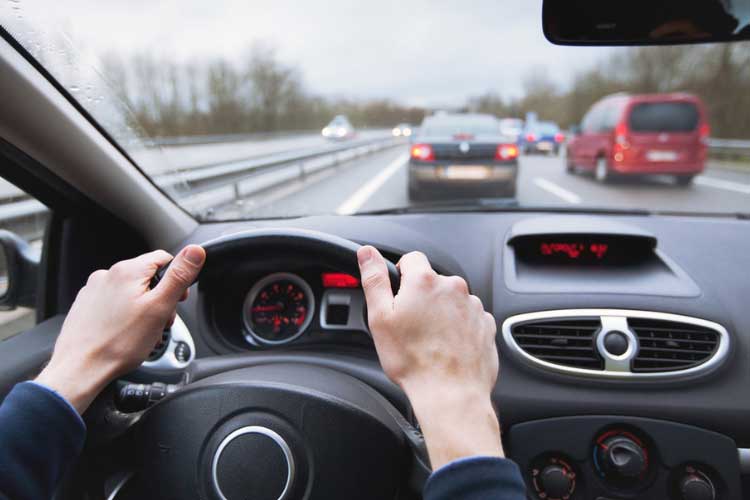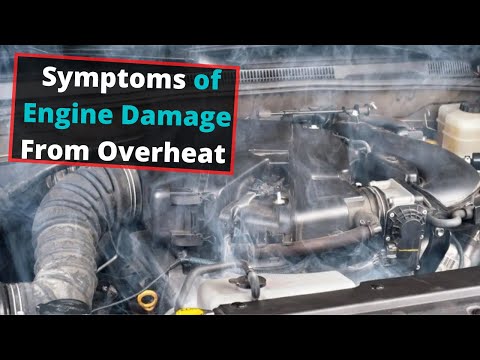Overheating is a common issue that many car owners experience, especially at high RPM. It can be a nuisance and even lead to severe damage if not addressed.
But why does your car overheat at high RPM? High RPM (revolutions per minute) put a lot of strain on your engine, causing it to work harder and generate more heat. This can lead to overheating, especially if there is a problem with the cooling system or a lack of proper maintenance.
Keep reading to learn the specific causes of overheating at high RPM. Also, you will find out how to diagnose and fix the issue to keep your car running smoothly.
Causes and Solutions For a Car Overheating at High Rpm
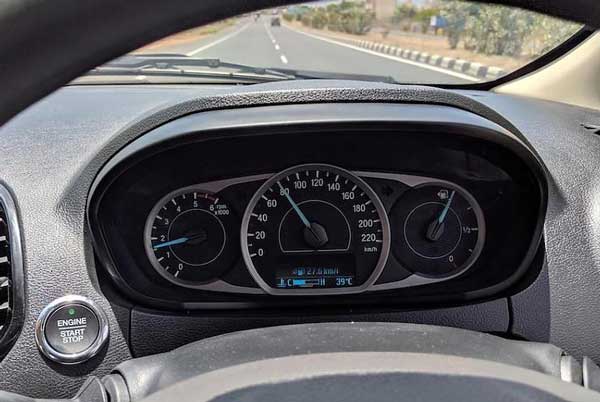
Here is a quick overview of major causes of your vehicle overheating at high RPM and how to solve them.
| Causes | Potential Solutions |
| Lack of Proper Cooling System Maintenance | Regular maintenance, Changing coolant and replacing worn-out components |
| Malfunctioning Components | Replacing parts such as the thermostat, water pump, and radiator |
| High-Performance Modifications | Inspecting and servicing the cooling system by a professional mechanic |
Common Causes of Overheating at High RPM
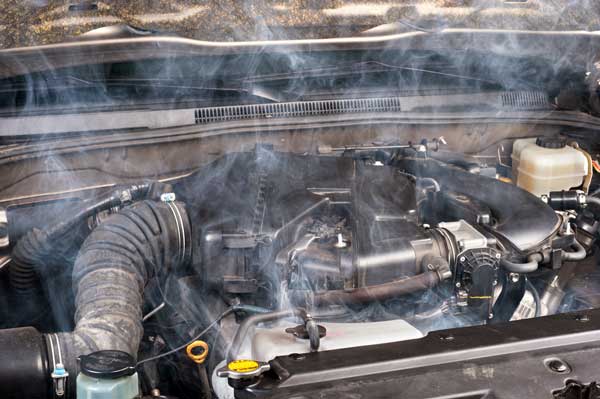
Here are some major reasons your car is overheating at high RPM.
Lack of Proper Cooling System Maintenance
One of the most common causes of overheating at high RPM is a lack of proper cooling system maintenance. Neglecting regular maintenance can lead to a buildup of debris and gunk in the cooling system. This impairs the flow of coolant and causes the engine to overheat.
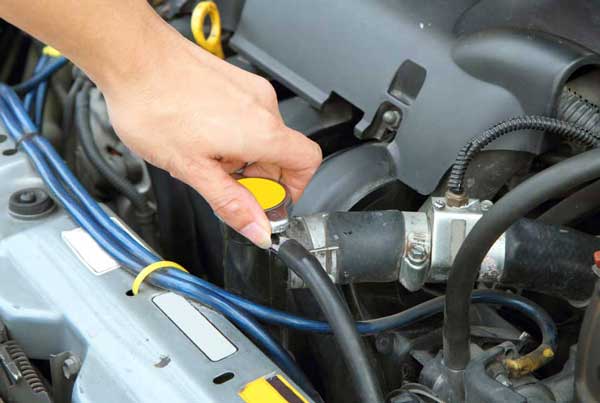
In addition, not changing the coolant or replacing worn-out components can also contribute to overheating. Common issues that arise from lack of maintenance include clogged radiators, leaky hoses, and a malfunctioning water pump.
These issues can all lead to a decrease in coolant flow and an increase in engine temperature, which can cause the engine to overheat at high RPM.
Malfunctioning Components
Another potential cause of overheating is malfunctioning components within the cooling system. Specific parts such as the thermostat, water pump, and radiator can fail or malfunction, preventing the cooling system from functioning properly.
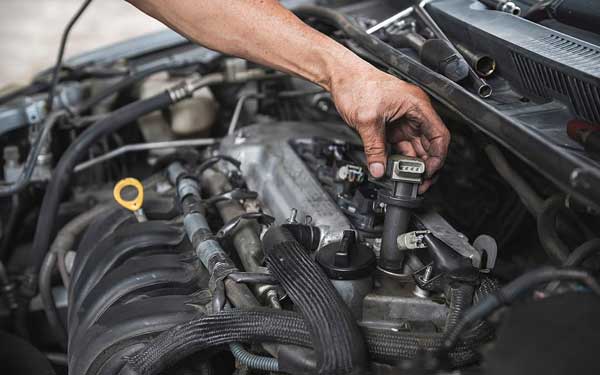
A faulty thermostat, for example, can cause the engine to overheat by not allowing the coolant to circulate properly. A damaged or failing water pump can also prevent coolant from flowing through the system, leading to overheating.
High-Performance Modifications
High-performance modifications can also increase the risk of overheating. Certain changes, such as turbocharging or supercharging, can strain your engine, causing it to produce more heat.
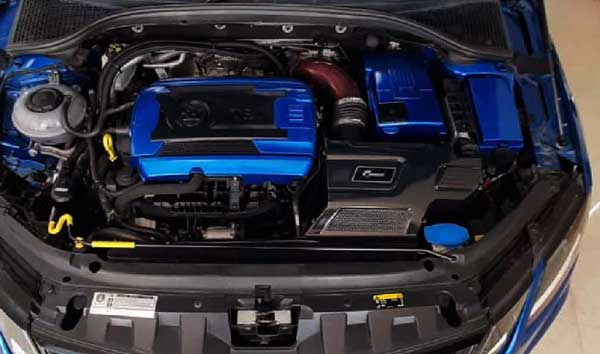
Additionally, some high-performance modifications, such as upgraded intercoolers or oil coolers, can decrease your car’s overall cooling efficiency.
Common Signs Your Engine is Overheating
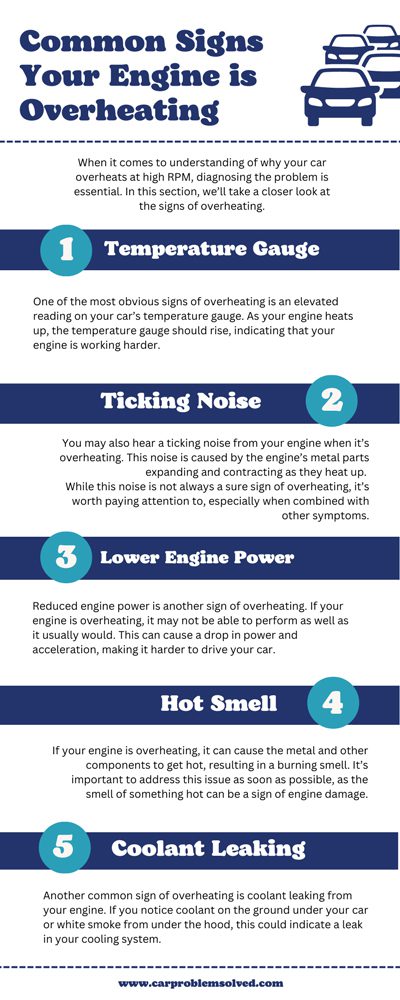
When it comes to understanding of why your car overheats at high RPM, diagnosing the problem is essential. In this section, we’ll take a closer look at the signs of overheating.
Temperature Gauge
One of the most obvious signs of overheating is an elevated reading on your car’s temperature gauge. As your engine heats up, the temperature gauge should rise, indicating that your engine is working harder. However, if the temperature gauge climbs too high, it can be an indication that your engine is overheating.
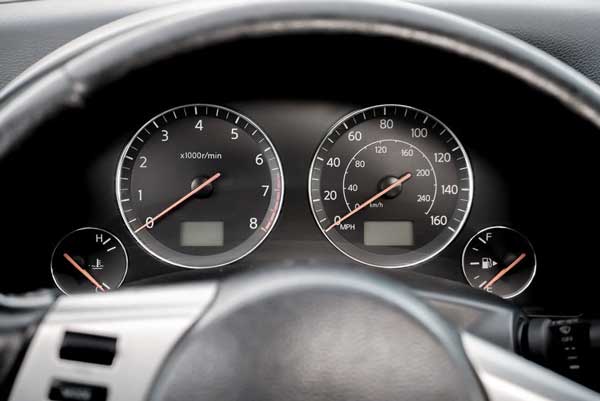
Ticking Noise
You may also hear a ticking noise from your engine when it’s overheating. This noise is caused by the engine’s metal parts expanding and contracting as they heat up.
While this noise is not always a sure sign of overheating, it’s worth paying attention to, especially when combined with other symptoms.
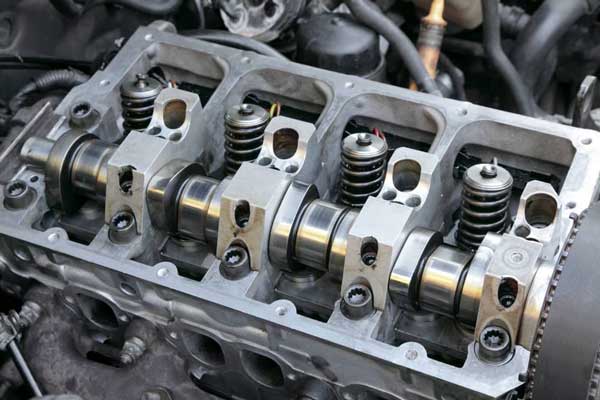
Lower Engine Power
Reduced engine power is another sign of overheating. If your engine is overheating, it may not be able to perform as well as it usually would. This can cause a drop in power and acceleration, making it harder to drive your car.
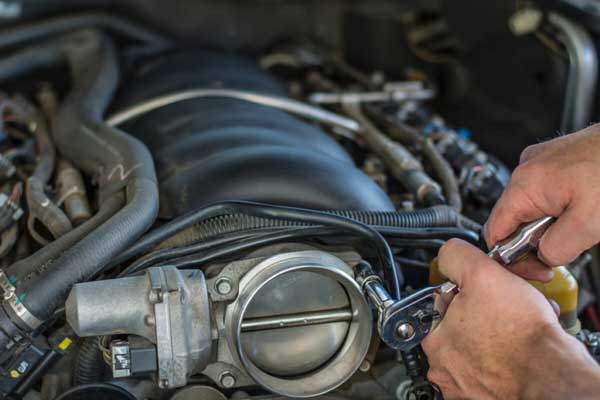
Hot Smell
If your engine is overheating, it can cause the metal and other components to get hot, resulting in a burning smell. It’s important to address this issue as soon as possible, as the smell of something hot can be a sign of engine damage.
Coolant Leaking
Another common sign of overheating is coolant leaking from your engine. If you notice coolant on the ground under your car or white smoke from under the hood, this could indicate a leak in your cooling system.
Watch out the following video to understand some common symptoms of car overheating.
Solutions for Overheating at High RPM
When it comes to diagnosing and solving the issue of overheating at high RPM, you can take a few different steps to get to the root of the problem. The first step is understanding the causes of overheating, as discussed in the previous section.
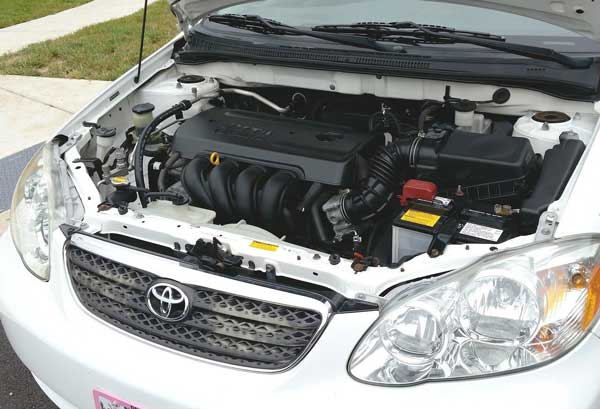
Once you have a better understanding of the underlying issues, you can then move on to finding solutions to fix the problem. Here are some potential solutions for some common causes of overheating at high RPM.
Lack of Proper Cooling System Maintenance
Regular maintenance and changing coolant can prevent debris and gunk buildup in the cooling system, which improves coolant flow and prevents engine overheating.
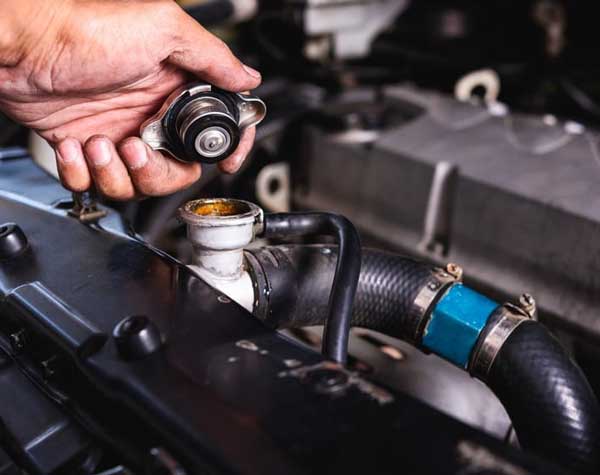
Malfunctioning Components
Replacing parts such as the thermostat, water pump, and radiator can help prevent the cooling system from malfunctioning and causing the engine to overheat.
High-Performance Modifications
Having your cooling system inspected and serviced by a professional mechanic before making modifications can ensure that it can handle the additional stress and prevent overheating.
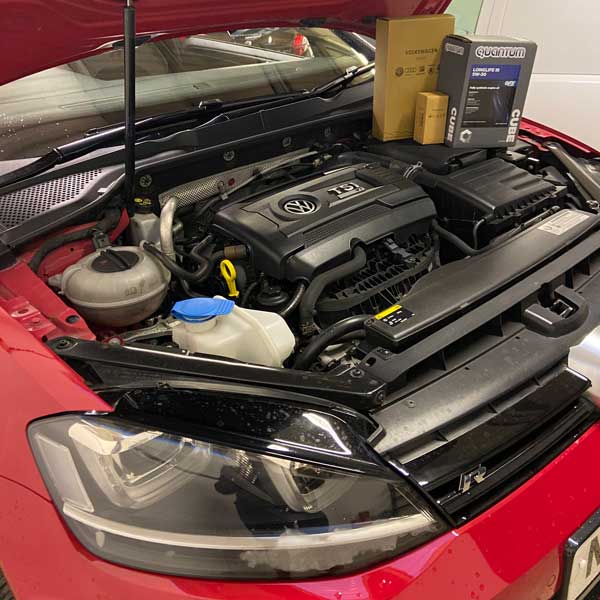
General Overheating
Having your car serviced by a professional mechanic can help diagnose and repair any underlying issues that may be causing the overheating problem. They will also be able to recommend any necessary maintenance or repairs to prevent the issue from recurring in the future.
If your car is overheating at high rpm, you may be interested in our articles on car overheating after radiator flush and car still overheating after adding coolant. These articles provide valuable information and solutions to common car problems related to cooling system issues, such as air pockets in the cooling system, clogged radiators, and other cooling system problems. Whether you’re experiencing overheating after a radiator flush or your car is still overheating after adding coolant, our team at Car Problem Solved can help you diagnose and fix the problem.FAQs
Check out our frequently asked questions below for more information.
The signs of a car overheating include the temperature gauge rising, steam or smoke coming from under the hood, and a burning smell.
Yes, it can be dangerous to drive a car that is overheating. Overheating can cause damage to the engine and other components, and in extreme cases, it can lead to a breakdown or even a fire.
While some solutions, such as checking and replacing worn or damaged parts, can be done by the car owner, it’s always recommended to seek the help of a professional mechanic to diagnose and repair any underlying issues that may be causing the overheating problem.
Final Thoughts
Knowing why your car overheats at high RPM is crucial to prevent damage to your engine and keep your vehicle running smoothly. Regularly checking your coolant levels and having regular maintenance on your car can significantly reduce the risk of your vehicle overheating. Being mindful of how often you are driving at high RPM can also help to prevent overheating.
Also, pay attention to any warning signs your car may be giving you. Remember, if your car does overheat, it’s important to pull over immediately and turn off the engine to prevent further damage. Prevention is key to avoiding costly repairs and keeping your car in top condition.
